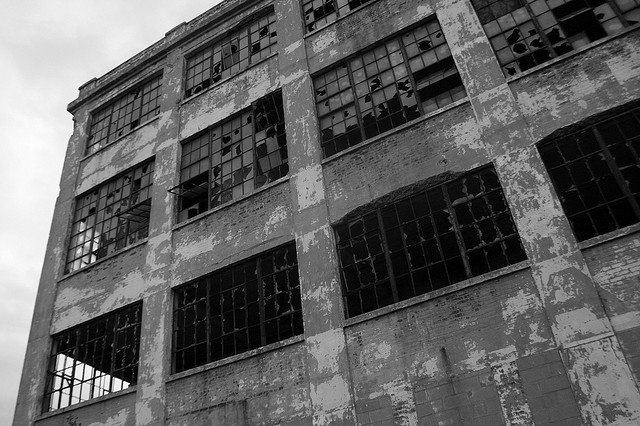
Yes, New Jersey is The Garden State. No, it’s not a misnomer.
Everyone jokes about Jersey, noting the state is more freeways than farmland. This isn’t actually the case.
A surprising amount of the suburban state is farmland. Over 715,000 acres of dedicated farmland exist, allowing the state to be a leader in the production of both blueberries and bell peppers.
This isn’t the case, however, in Newark, one of the state’s largest cities.
Newark is a city in turmoil. Once a thriving hub of commerce, it is now struggling to survive. Jobs are down, crime is up and schools are being taken over by the state. The city is divided. Home to major corporations, performing arts centers, numerous universities and the largest shipping port on the East Coast, the city is a cultural and financial beacon. Thousands commute in and out every day, while the residents suffer.
Newark had the third highest murder rate among large U.S. cities in 2013, according to a recently released FBI report, and the unemployment rate is nearly 10 percent. Documentaries highlight the prevalence of gangs, and only about 30 percent of high school students will graduate within four years.
The city needs a project that will benefit the local community, and an urban farm might be just the thing.
Attempts at urban gardening have been made but never on a large scale. That’s all about to change. An old steel factory within the city is in the process of being converted into the world’s largest indoor vertical farm.
The 30 million dollar project is expected to produce up to two million pounds of greens and herbs each year. Not only will this farm provide the area with a substantial amount of pesticide-free food, it will provide jobs in the beleaguered city. Initial estimates indicate the creation of at least four-dozen new jobs, many of which will be awarded to local residents. There are talks of creating job-training programs for unemployed inhabitants of the city, but this has not been finalized. Still, I have no doubt that this project has serious potential to revitalize the neighborhood.
The environmentally-friendly endeavor is space-efficient and will likely utilize renewable energy sources such as solar power for at least a portion of its energy needs. The farm will utilize aeroponics to provide nutrients directly to plant roots, as opposed to using soil. This process is cost-effective and conserves a significant amount of water. The small amount of water used is mixed with nutrients and delivered in mist form. L.E.D. lights substitute for sunlight and the process is believed to be about 75 percent more productive than field farming.
The project is a massive undertaking, but the first phase is expected to be completed later this year.
If the farm is a success, it has the potential to change the face of urban farming around the world. Large-scale local farming will be brought to major cities. As fertilizers and pesticides are not needed in the soil-free, indoor environment, affordable organic produce will be accessible to the masses. With its minimal water requirements, indoor aeroponic farming may become a staple in drought-ridden states.
As an environmental activist and organic food junkie, I sincerely hope this project succeeds.
It has the potential to change the future of farming, or massively flop. Residents may see the organic farm as an attempt at gentrification. Newark is affectionately referred to as “Brick City” by locals, due to the high concentration of brick buildings in the area. Newark is a city built on a foundation of bricks; green gardens may not be welcome. Additionally, customers are still being lined up and the parent company, AeroFarms, is not yet profitable in spite of several smaller ventures.
The seeds have been planted, we’ll just have to wait and see what sprouts.
~
Sources:
Author: Kristen Koennemann
Editor: Emily Bartran
Photo: Kai Schreiber/Flickr






Read 0 comments and reply